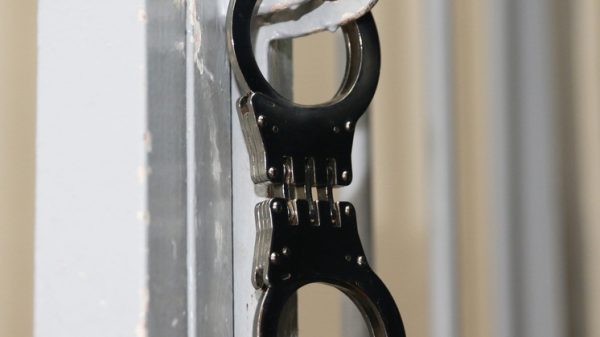Because this column is intended to highlight aspects of culture that readers may not be aware of, it does not become overly philosophical. However, having just read David Stubbs's recent study, Different Times: A History of British Comedy, I feel that a bit of philosophy is needed when it comes to British humor.
Stubbs' survey begins with the films of Chaplin and Laurel and Hardy and ends with the largely tiresome sitcoms of our time. The latter's function appears to be to present viewers with a proper, insult-free world that many of us simply do not live in.
Stubbs's book is so sincere in its virtue signaling that I was shocked every time he said something with which I agreed — for example, about the brilliance of Kind Hearts and Crowns (1949), or about the terrible sadness of Tony Hancock, or about a smart role. class in Father's Army (1968–77): although Stubbs's use of the latter word as a means of expressing his obsession with Brexit is one of several reasons why it is difficult to take his book seriously.
It's further evidence that much of Britain's past is worthy of disapproval, not least because of our tendency, right up until the television age, to make jokes about black people, brown people, the Irish, the Scots, the Welsh, the disabled, the unintelligent. people and homosexuals. If there is a national sense of humor, was it really once based on ridicule and cruelty?
We forget that part of our character is to look for weaknesses, not to cruelly ridicule them, but to tease people, often as a twisted form of camaraderie. There are many white, heterosexual, able-bodied men who are the butt of jokes because they are fat, bald, rough, sophisticated, have red hair, a distinctive voice, or beards. Stubbs believes that political correctness «saved» our comedy because it stopped relying on insults and forced it to be more inventive. He may be right, although we've all heard offensive jokes that are terribly funny. I remember watching the Fawlty Towers episode «The Germans» (1975) for the first time and laughing so hard I almost had to go to the emergency room. (Perhaps this makes me monstrous.)

Stubbs excludes large areas of potential entertainment due to the horror of wrongdoing; I don't, because we all get offended in life, and that's human nature. I know a lot of black people will be upset by the fact that a character on the terrible sitcom On the Buses (1969-73) was named Chalky because he was black. However, he was in no way disliked: it's a long way from giving someone a nickname to persecution, but vaquerati don't get academic degrees.
Perhaps we now lack a national sense of humor, not least of all because we disagreed so deeply about what and who to laugh at. It may take war to change this; if so, I hope we remain without an agreed upon goal for some time. But we must overcome this insane hatred of insults. If you try really hard, you can find a person who will be offended by almost anything: but I really wouldn’t bother.


























































Свежие комментарии